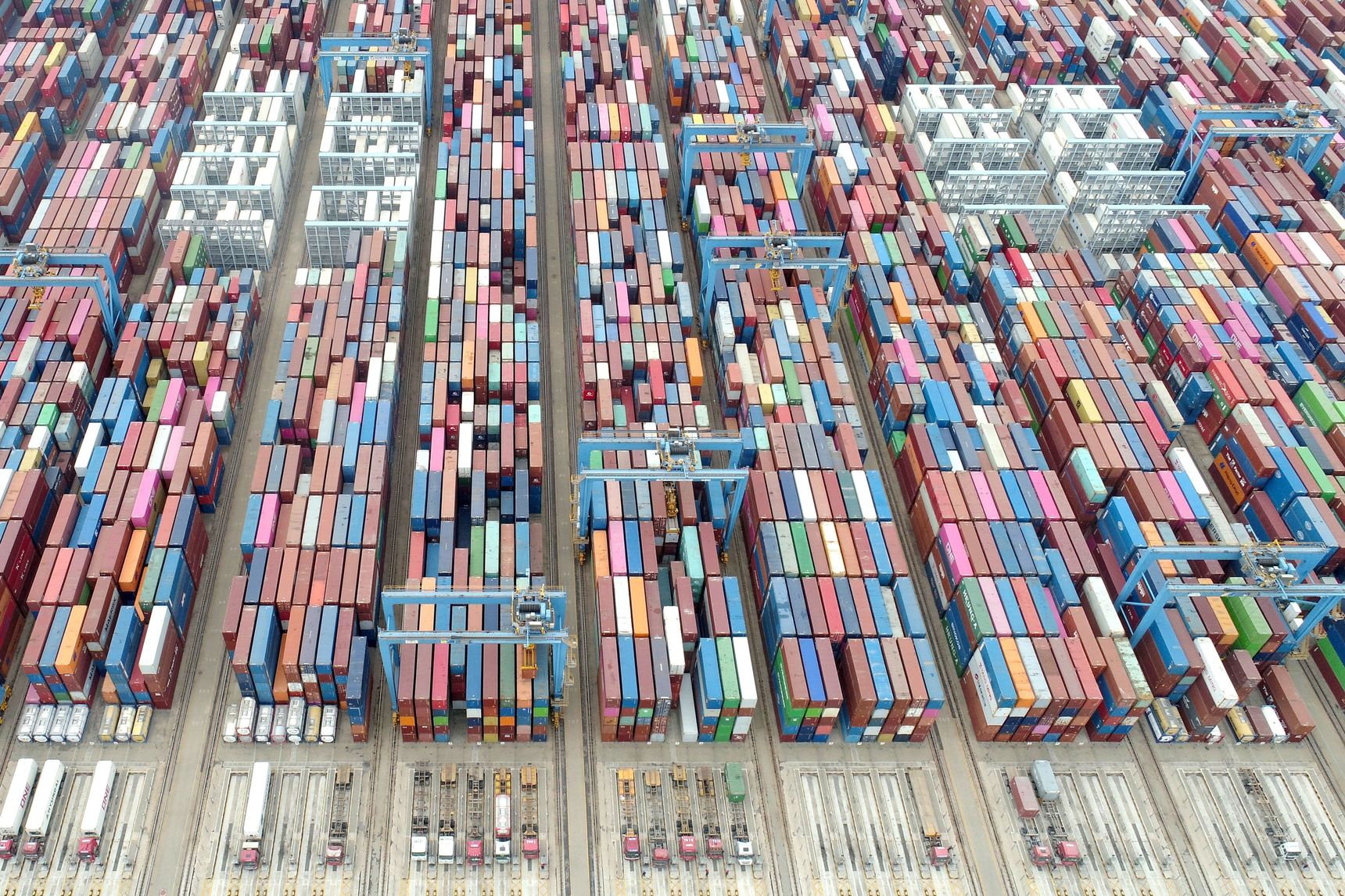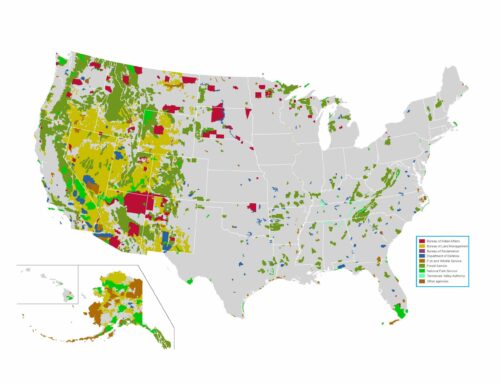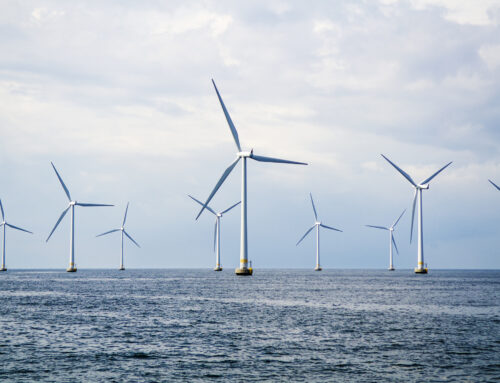by Steve Milloy, E&E Legal Senior Policy Fellow, and Junkscience.com Founder
As Appearing in the Wall Street Journal
Investors have a right to know how an invasion of Taiwan would affect business
The Securities and Exchange Commission is prodding publicly owned companies to disclose how Russia’s invasion of Ukraine is affecting their operations. BP, Shell and Exxon Mobil have booked charges of $25.5 billion, $8.4 billion and $3.4 billion respectively, but the major oil companies aren’t the only ones losing money. General Electric took a $200 million charge, and McDonald’s is losing $50 million a month from closing its Russian operations. Netflix suspended service in Russia and lost 700,000 viewers, the first time in a decade its viewership has declined.
All this is peanuts compared with what might lie ahead should China attempt to invade Taiwan. Trade between the U.S. and China was worth $615 billion in 2020, according to the Office of the U.S. Trade Representative. In contrast, U.S.-Russia trade was only worth about $35 billion in 2019. But that disparity in trade volume is only the tip of the iceberg. The stuff we get from China—from antibiotics and smartphones to minerals and metals needed for green technology—is much more important than almost anything we get from Russia. The Biden administration wants to commit the U.S. to a green agenda, but 80% of the rare-earth minerals needed for that technology are processed by China.
China is a well-known serial violator of human and civil rights whose leaders say they intend to displace the U.S. as the lone global superpower by 2049. The U.S. has a longstanding commitment to defend Taiwan, which China may attempt to seize by force. U.S.-China relations are tense over issues including China’s military expansion, actions related to Covid, intellectual-property theft, tariffs and solar-panel dumping.






